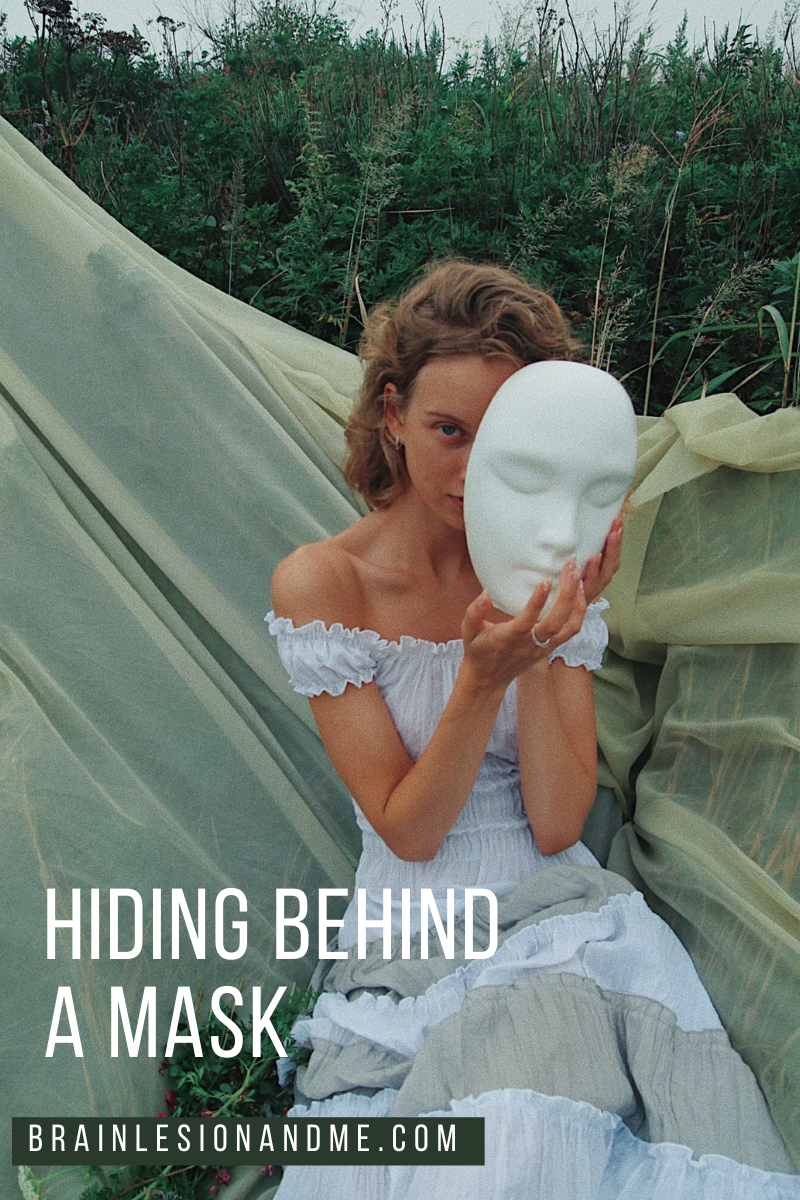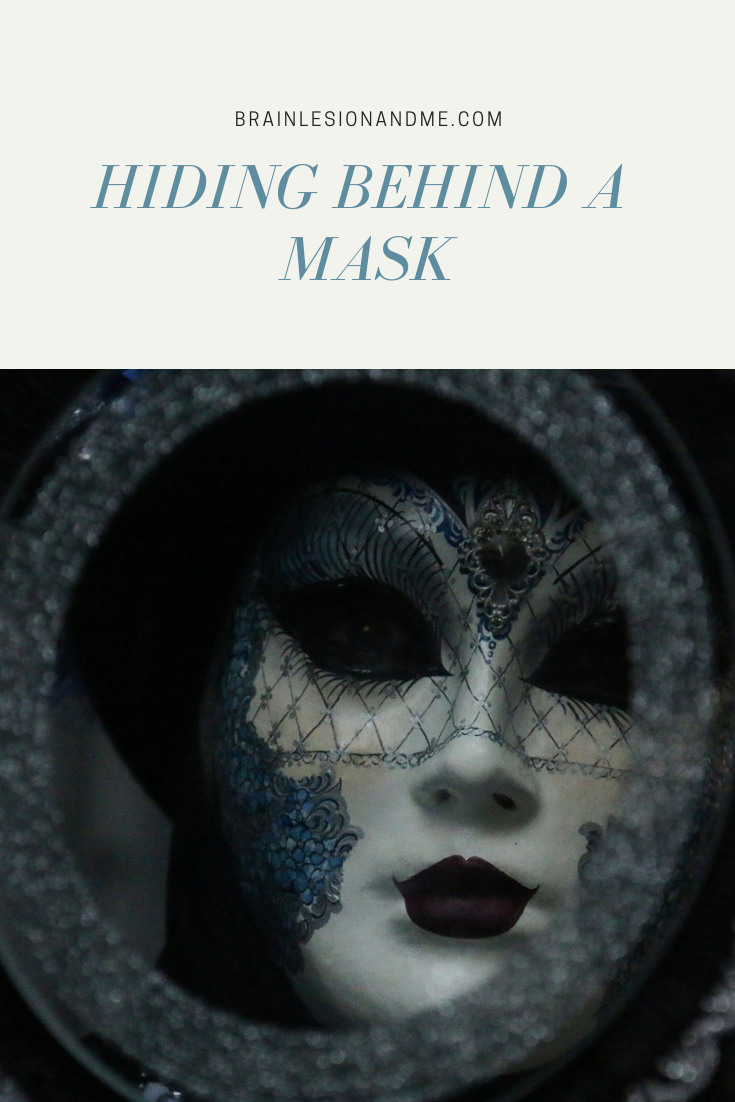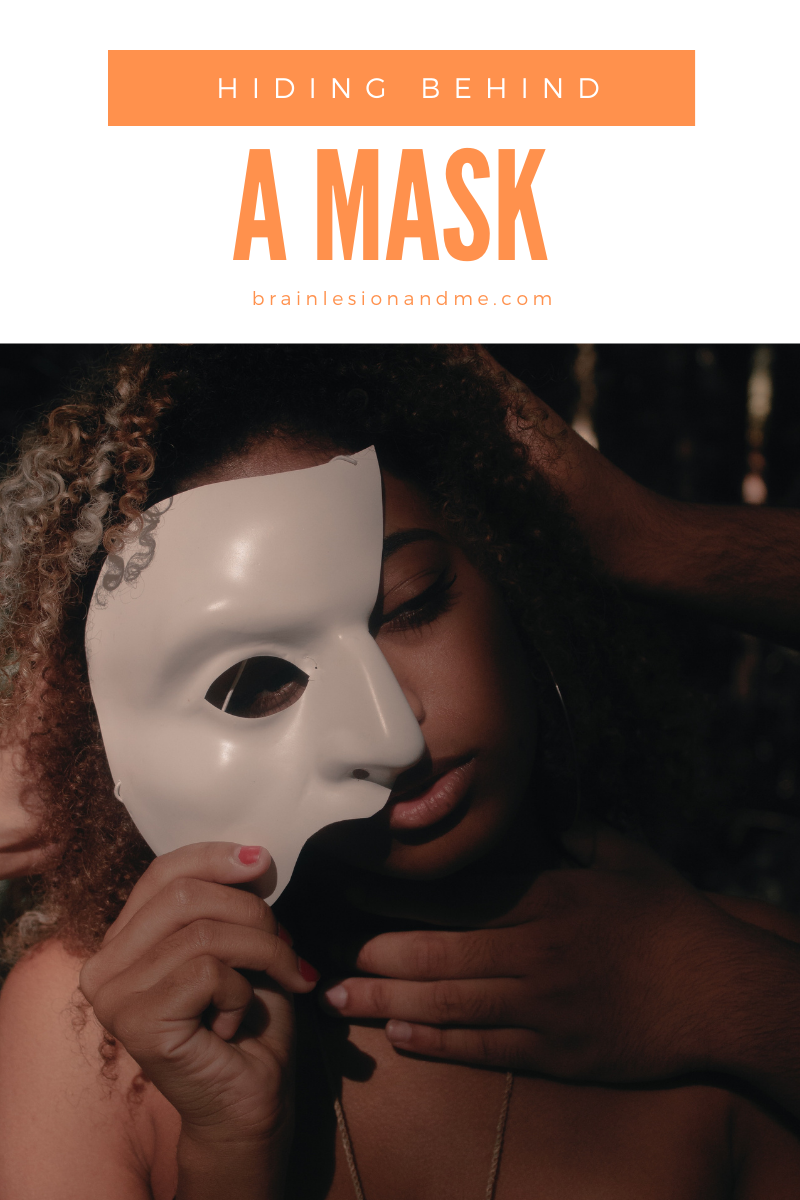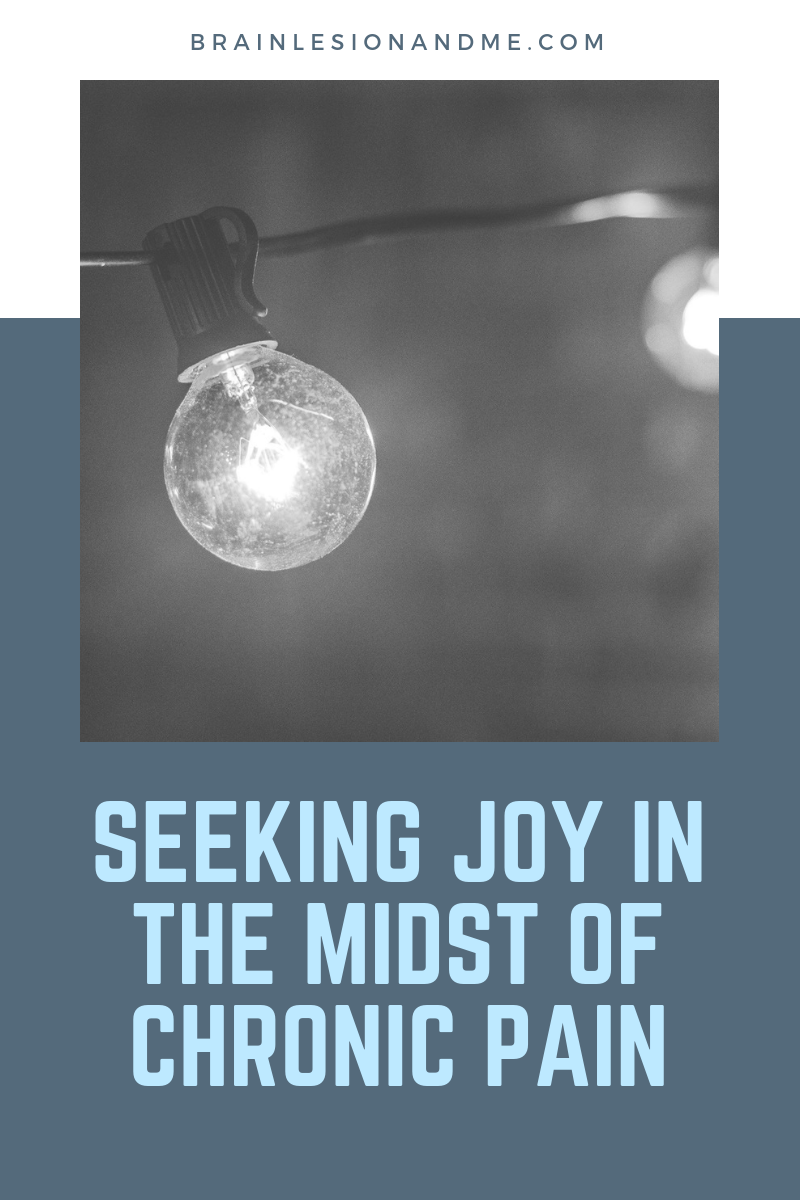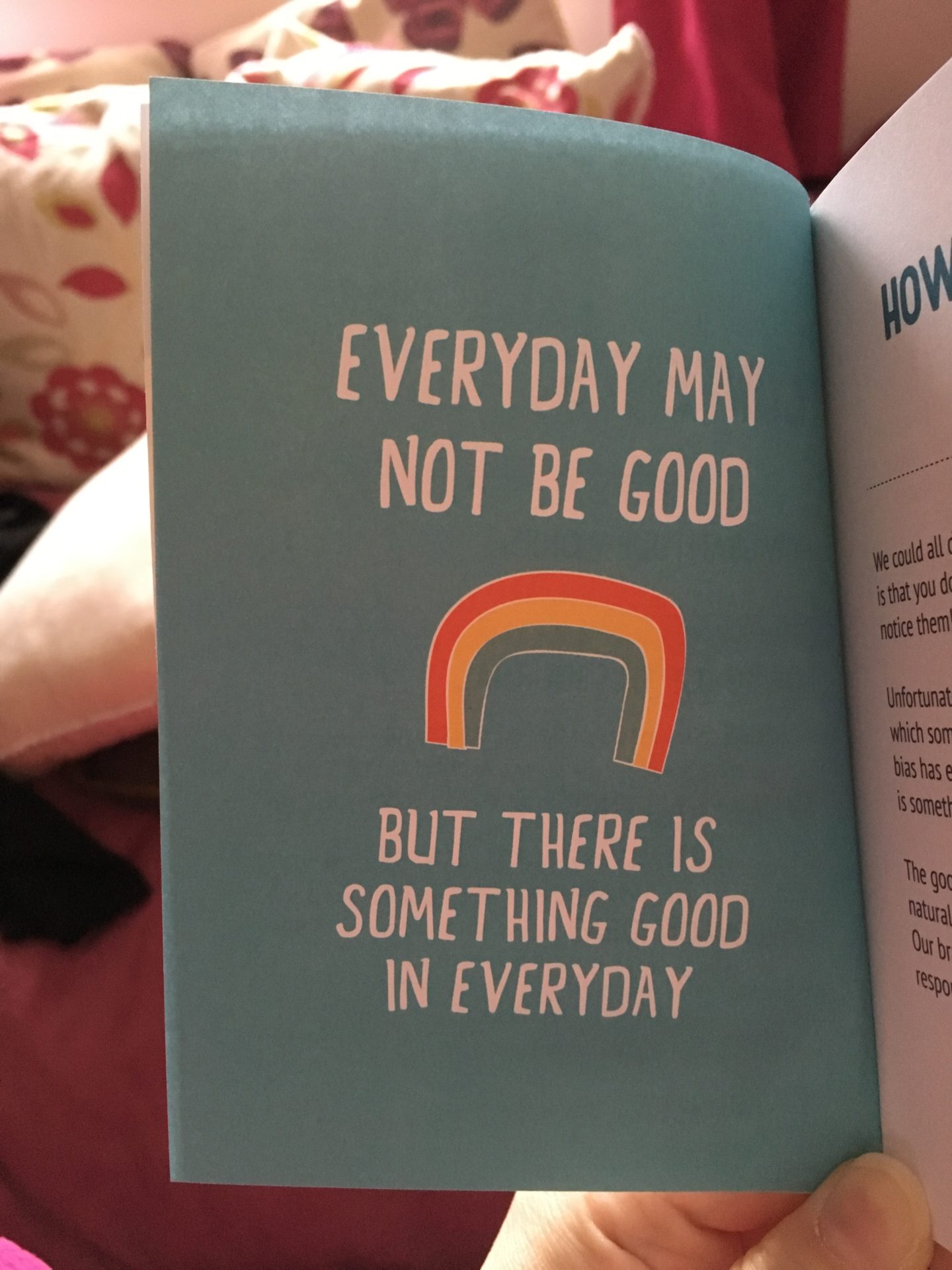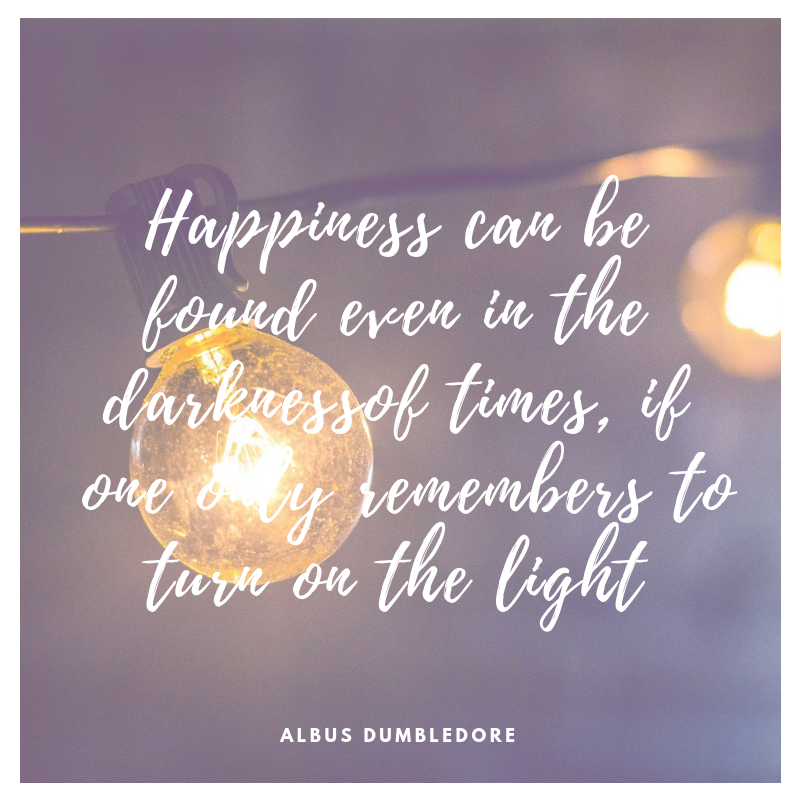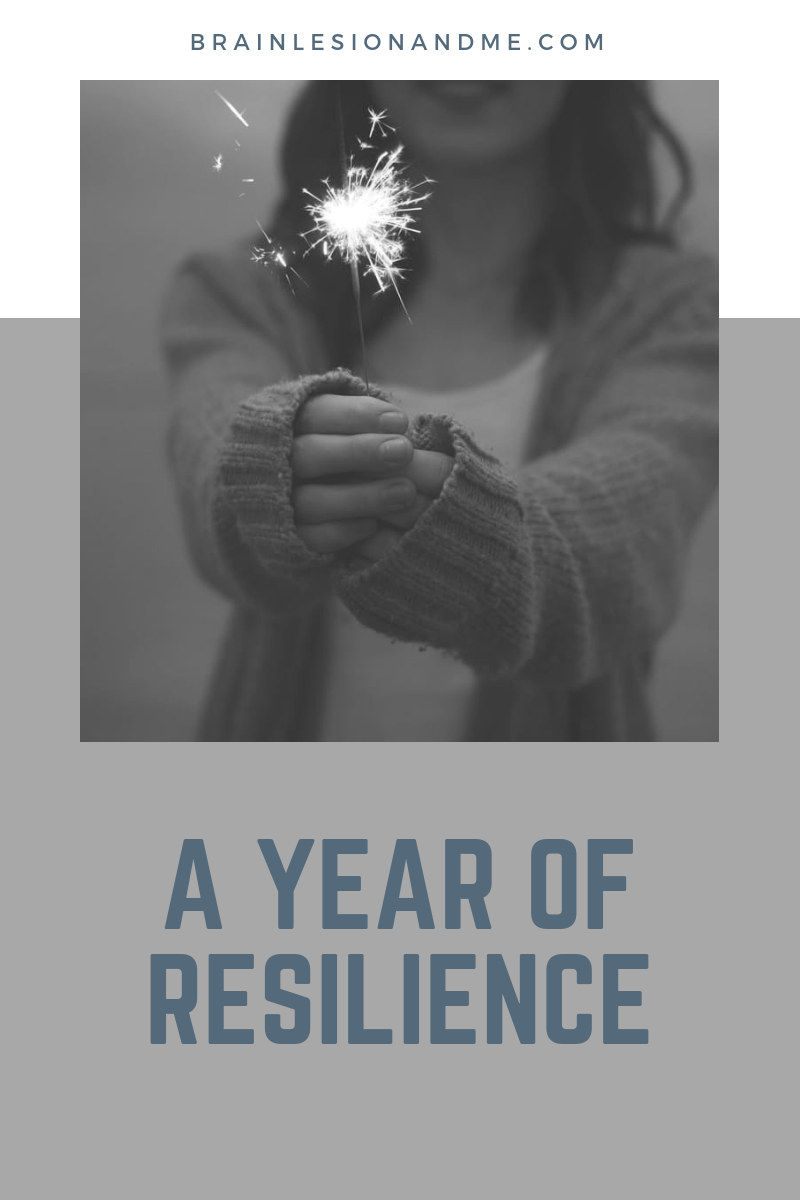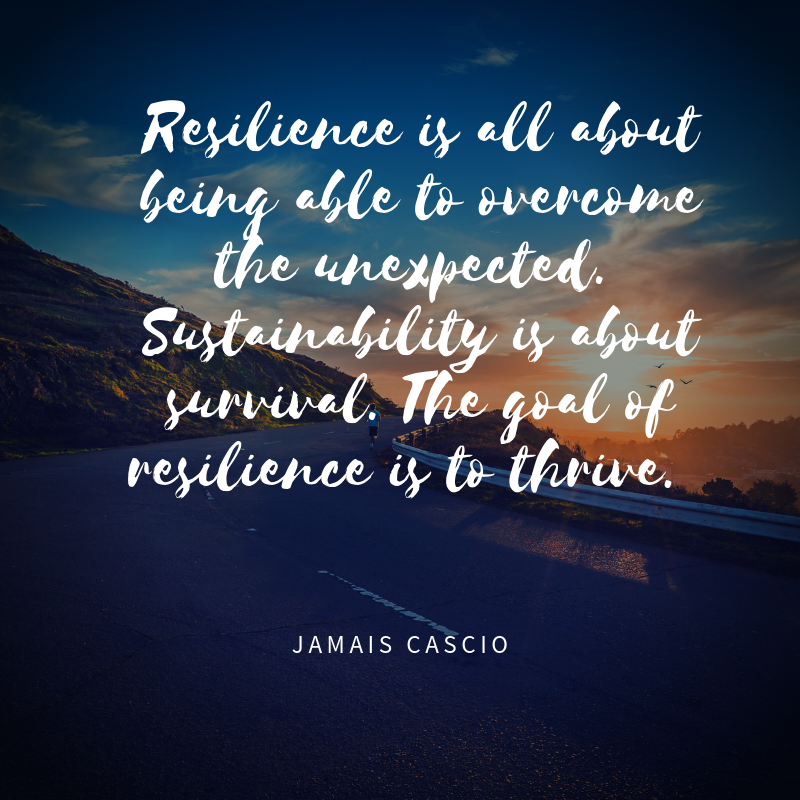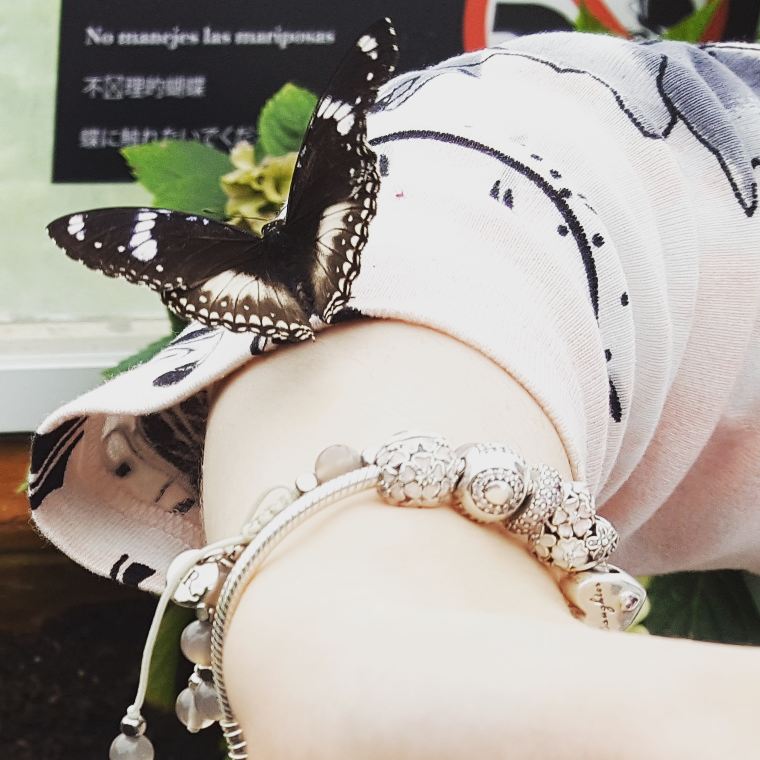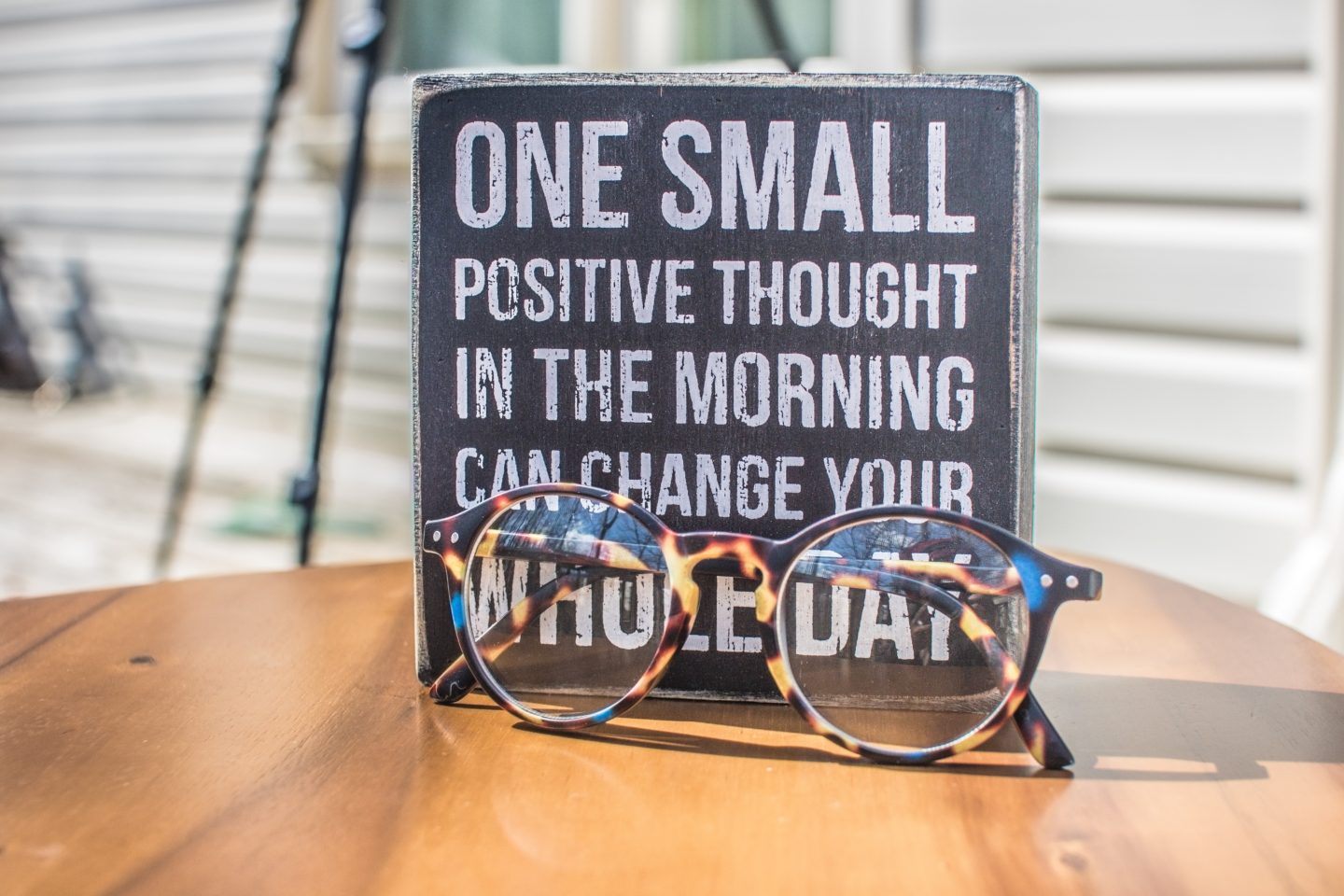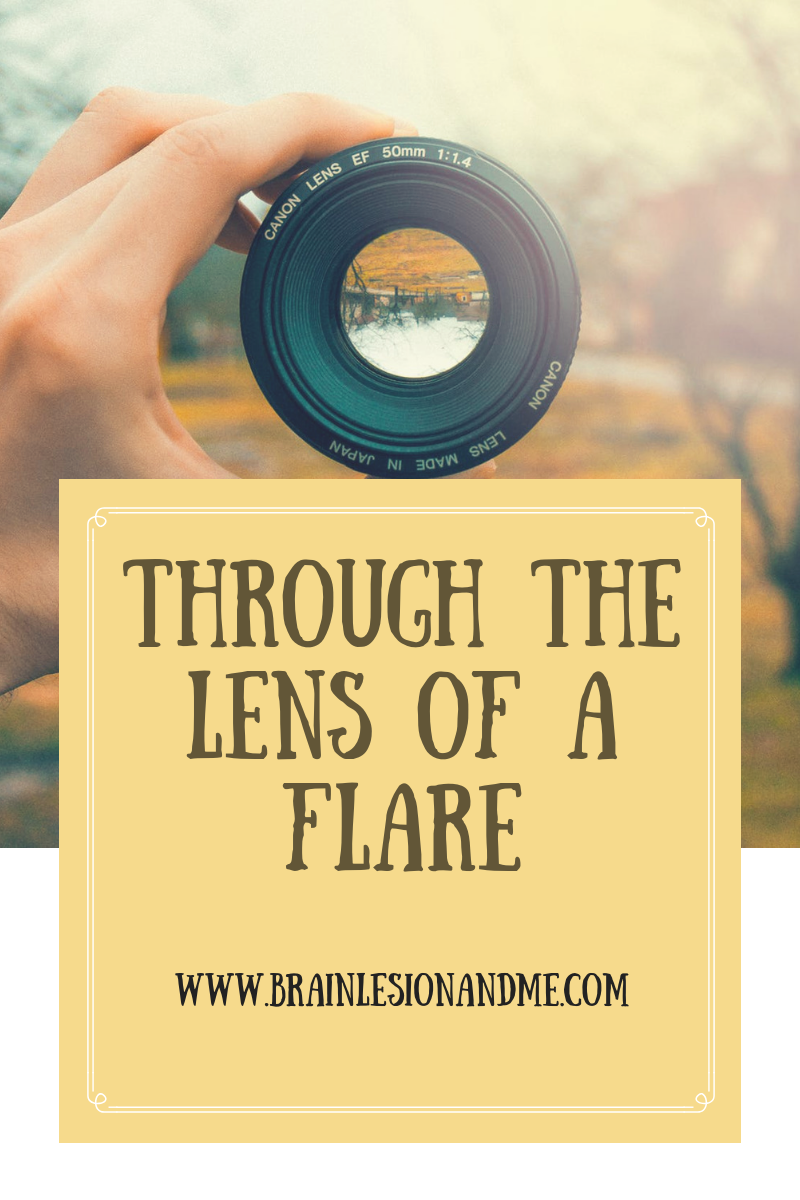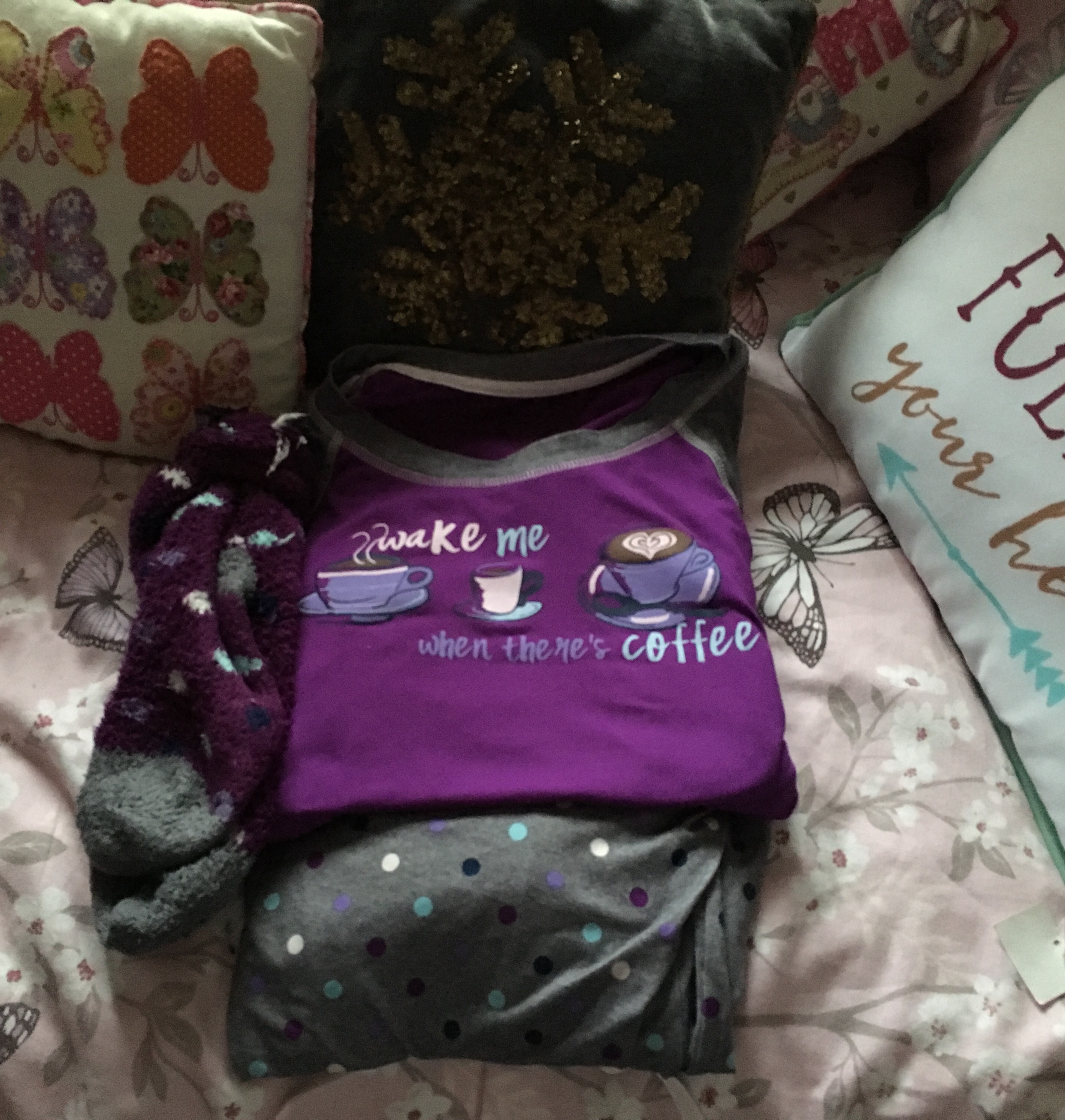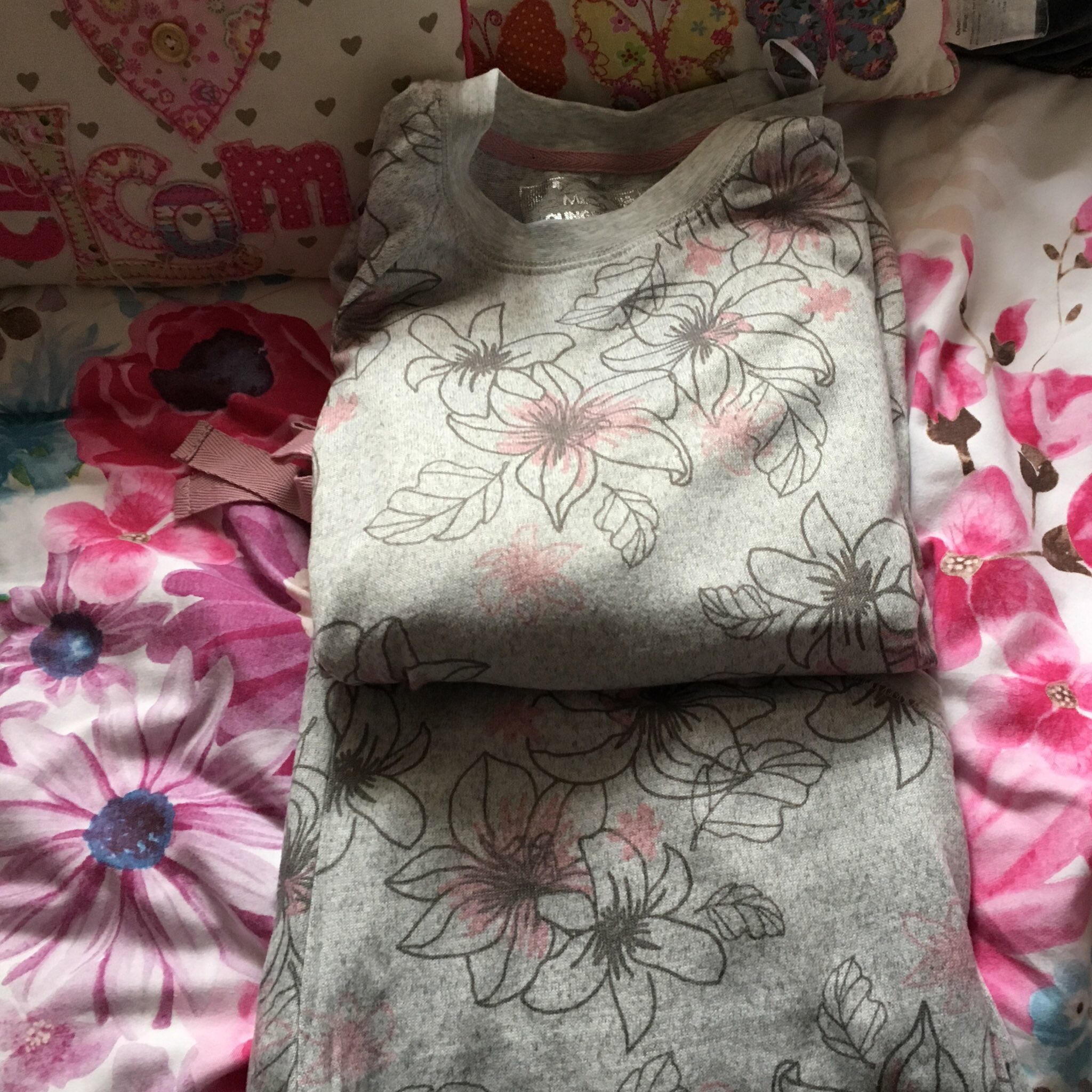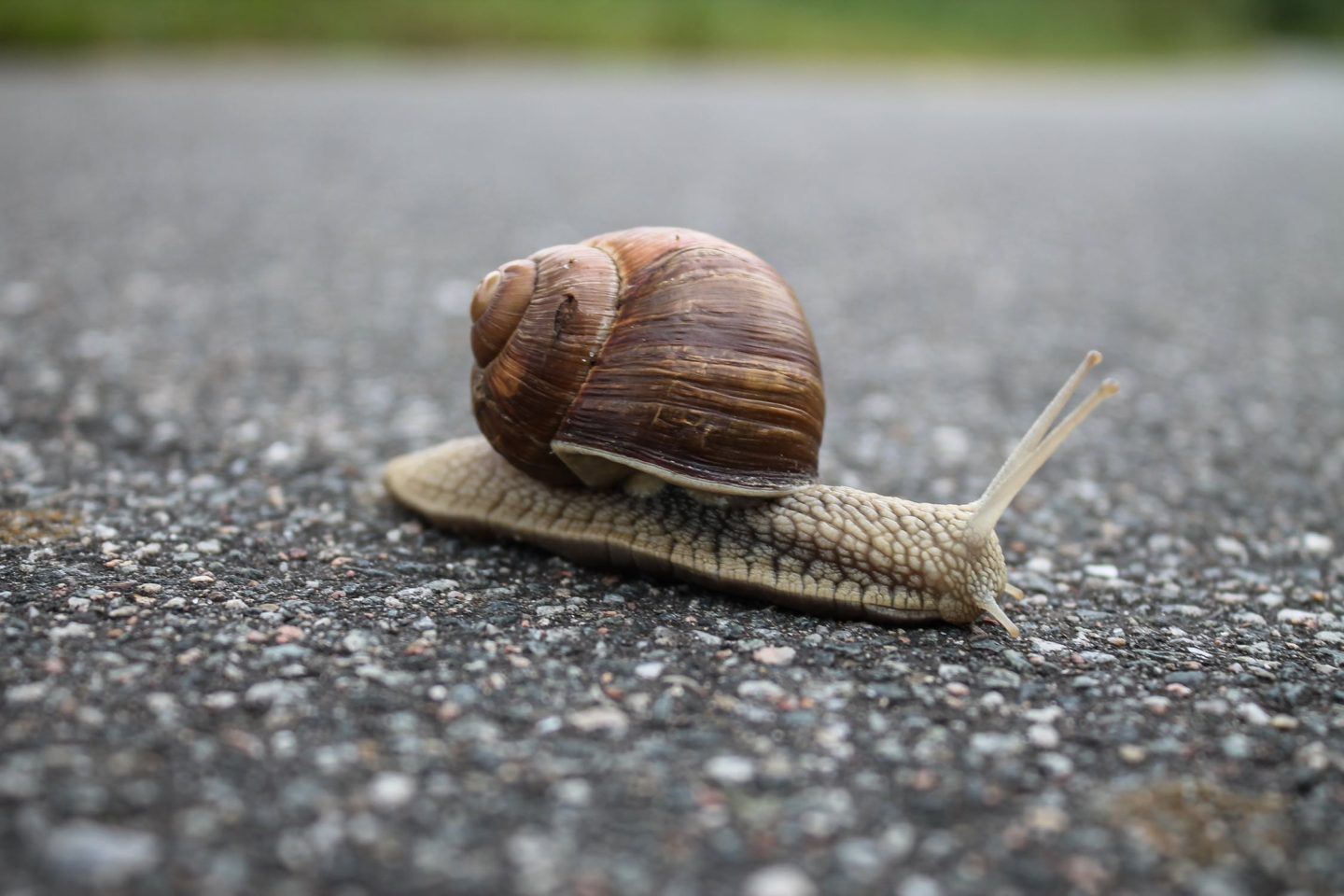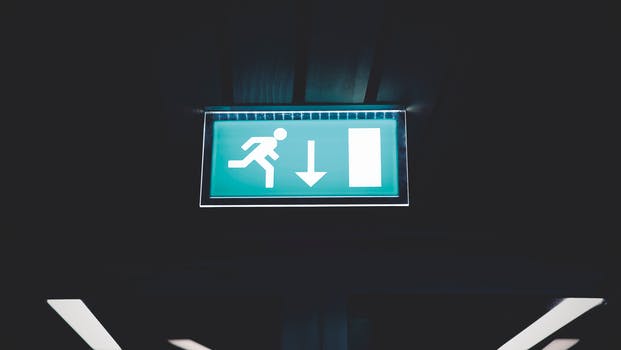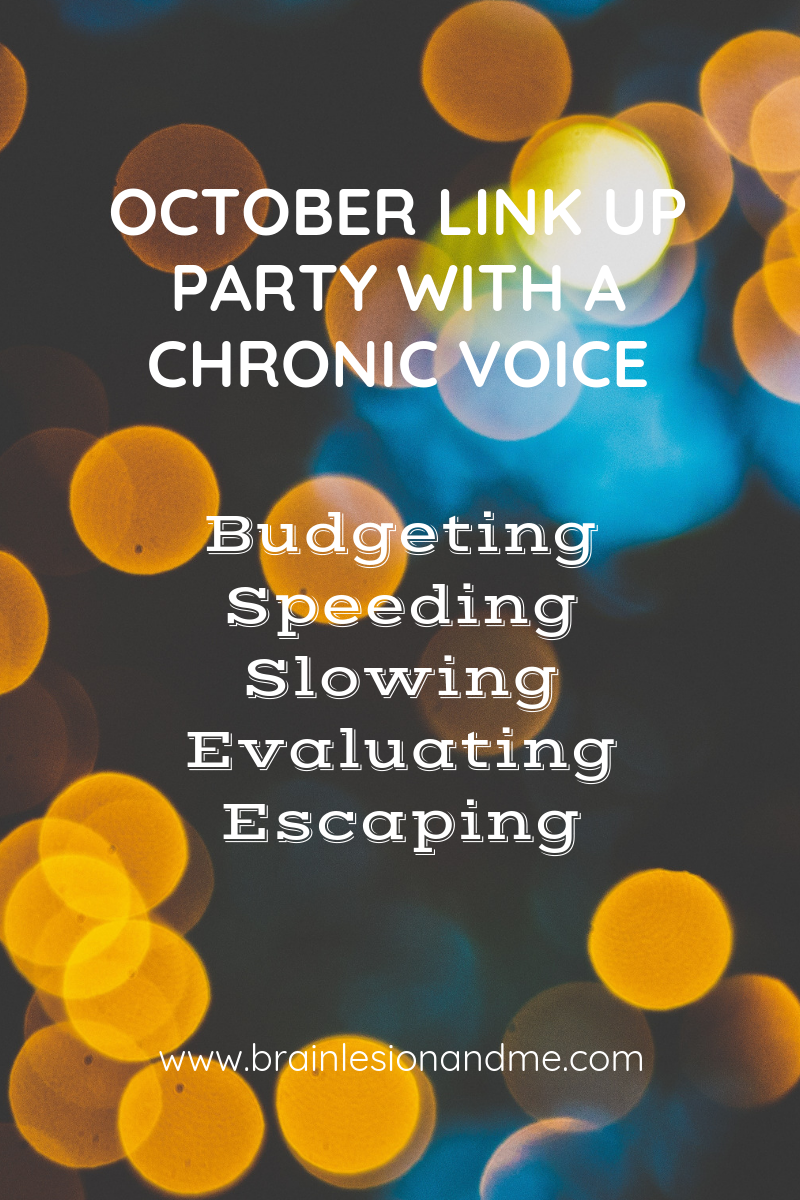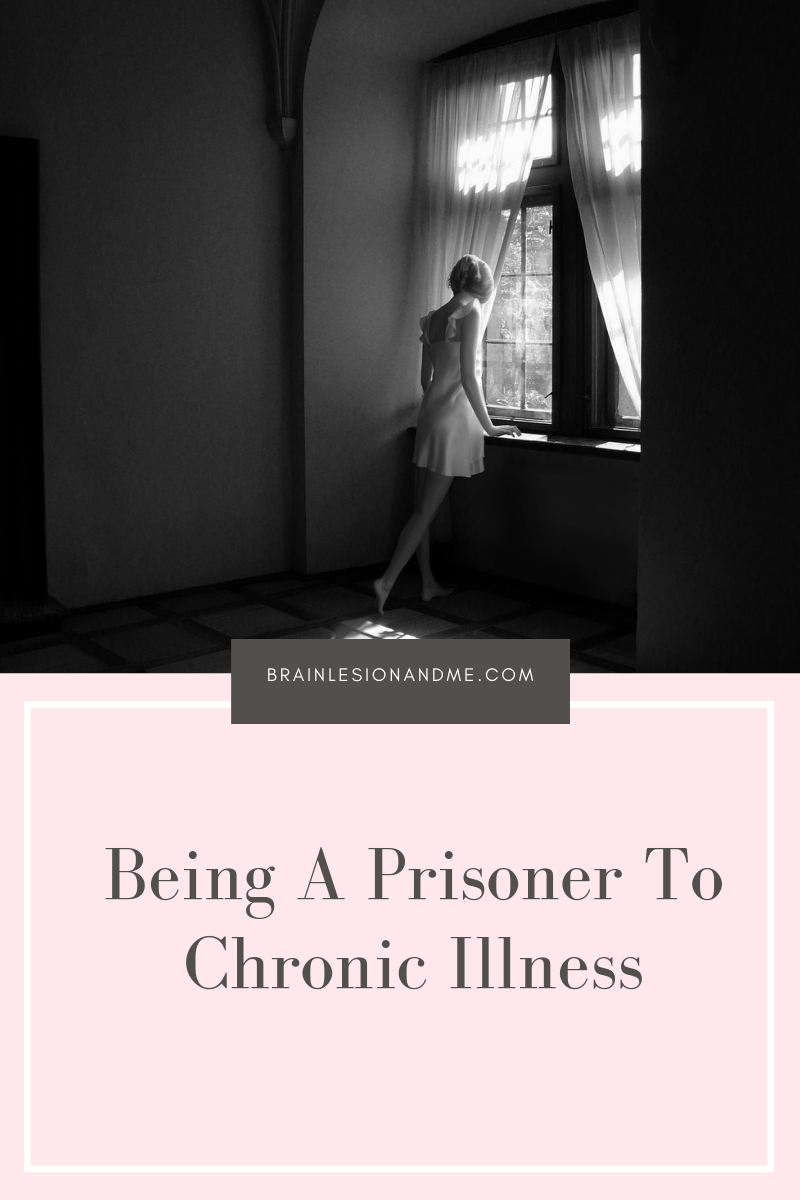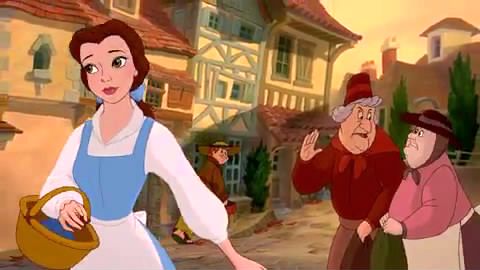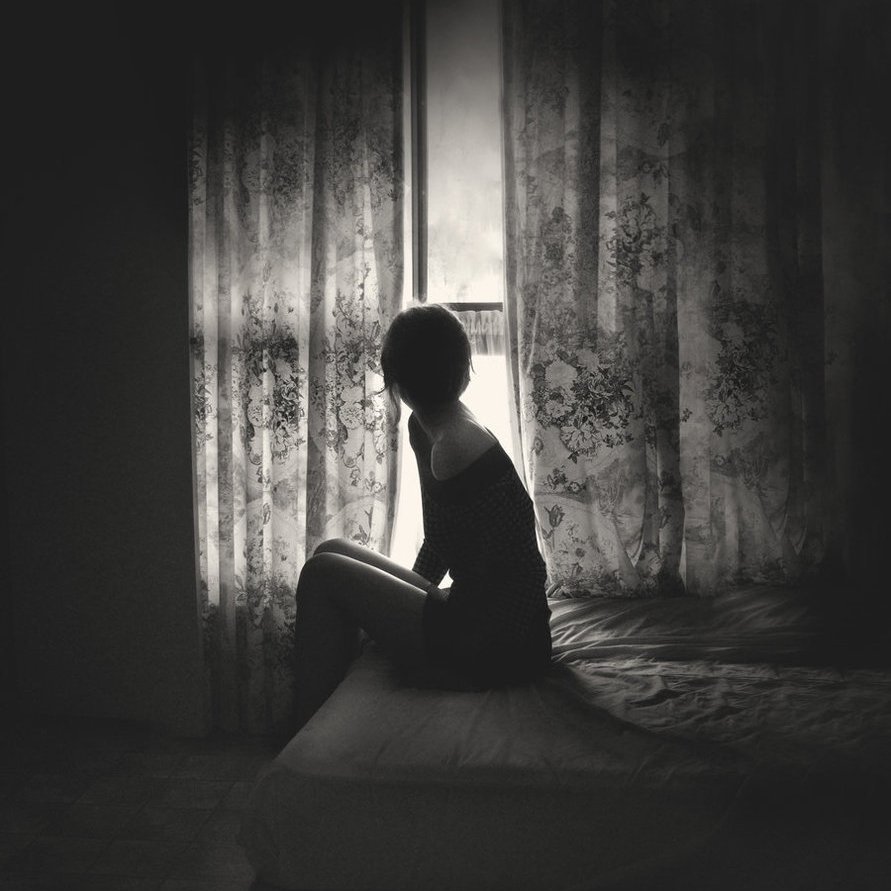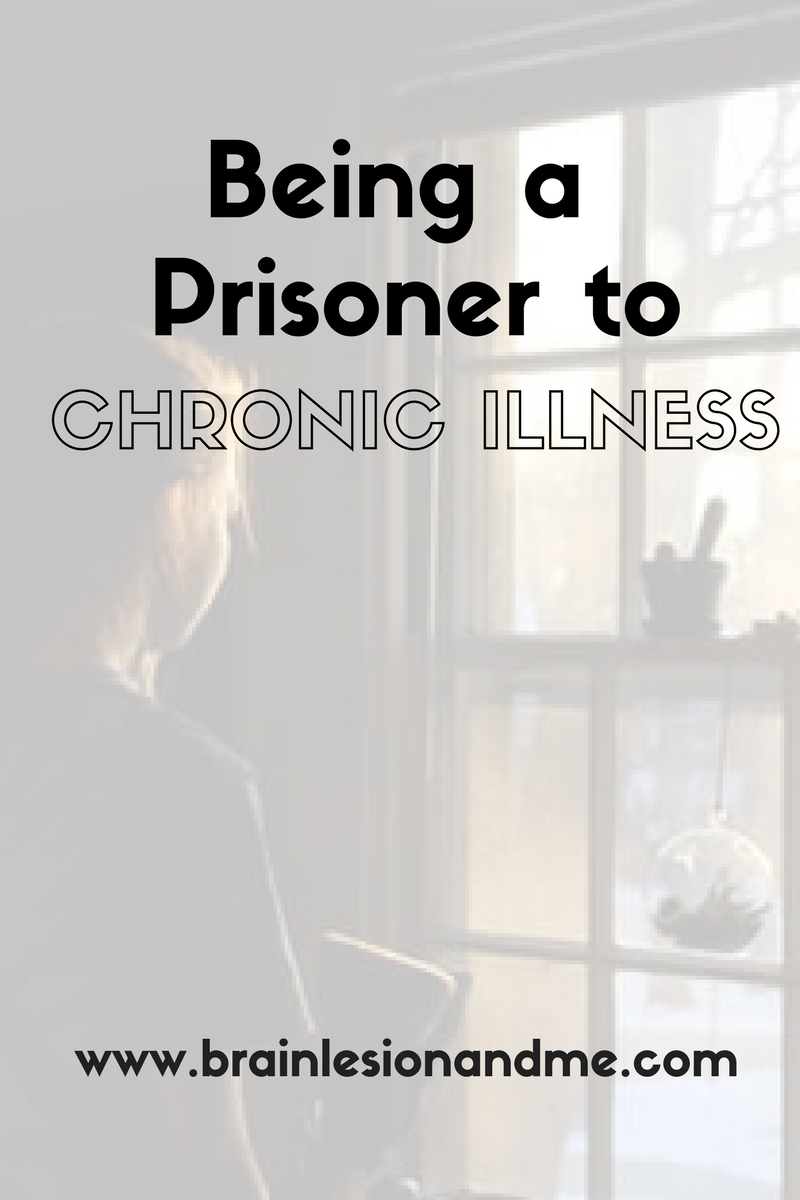Waking After a Night of Painsomnia
This morning, I awoke with a start as the alarm
Why? Because of painsomnia.
Painsomnia is the lack of sleep or inability to obtain sufficient sleep because of physical suffering, like chronic pain. And when living with permanent chronic pain, painsomnia becomes just another symptom of living with a neurological condition.
"Painsomnia is a lack of sleep or inability to obtain sufficient sleep because of pain…it's another symptom of living with a chronic illness." Click To TweetThe ‘Sick’ Appearance Staring Back At Me
Stumbling to the bathroom due to stubborn and uncooperative legs, I take a look in the mirror. The first thing I notice as I study my appearance is the dark circles and bloodshot eyes. These, a visible reminder of the crippling pain and the subsequent lack of sleep. Neurological disorders, such as the one I live with is classed as being invisible, a condition that is not readily visible to others. As I looked hard at my ashen complexion and the dark circles under my eyes, I realised that I looked sick. It appears that sometimes our conditions are not as invisible as the term suggests.
"I realised that morning I looked sick…our conditions are not as invisible as the term suggests." Click To Tweet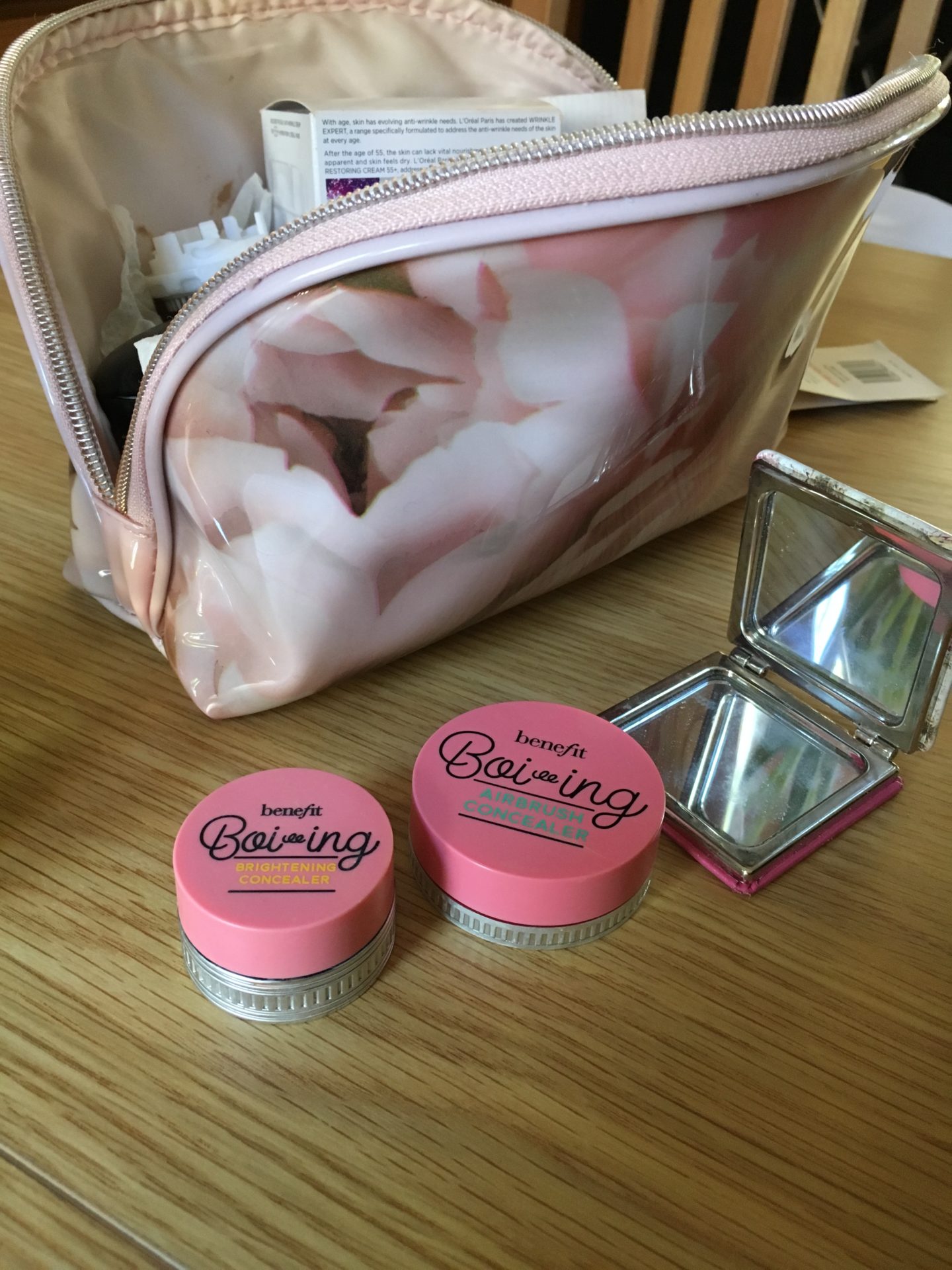
A Sick Day?
If I had the luxury of staying at home, then I would have afforded myself a duvet day. A duvet day to allow me the opportunity to provide care for myself. To partake in those
So what could I do?
Well, after battling with my legs to be able to shower and accrued enough energy to get dressed, I grabbed my make-up bag. I snatched my favourite and ever faithful concealer, dabbing it under my eyes to hide and obscure those stubborn bags. I apply a little foundation and blusher to give me some colour, and so I don’t look like an extra from The Walking Dead.
Hiding Behind A Mask
The make-up I apply allows me to construct a mask. A mask that I can hide behind away from pain and illness. A persona whereby I can pretend that I am well. A persona whereby I can inhabit a world of being well. A world in which I am not in constant pain.
"Make-up allows me to construct a mask. A mask that I can hide behind away from pain and illness. A persona whereby I can inhabit a world of being well." Click To Tweet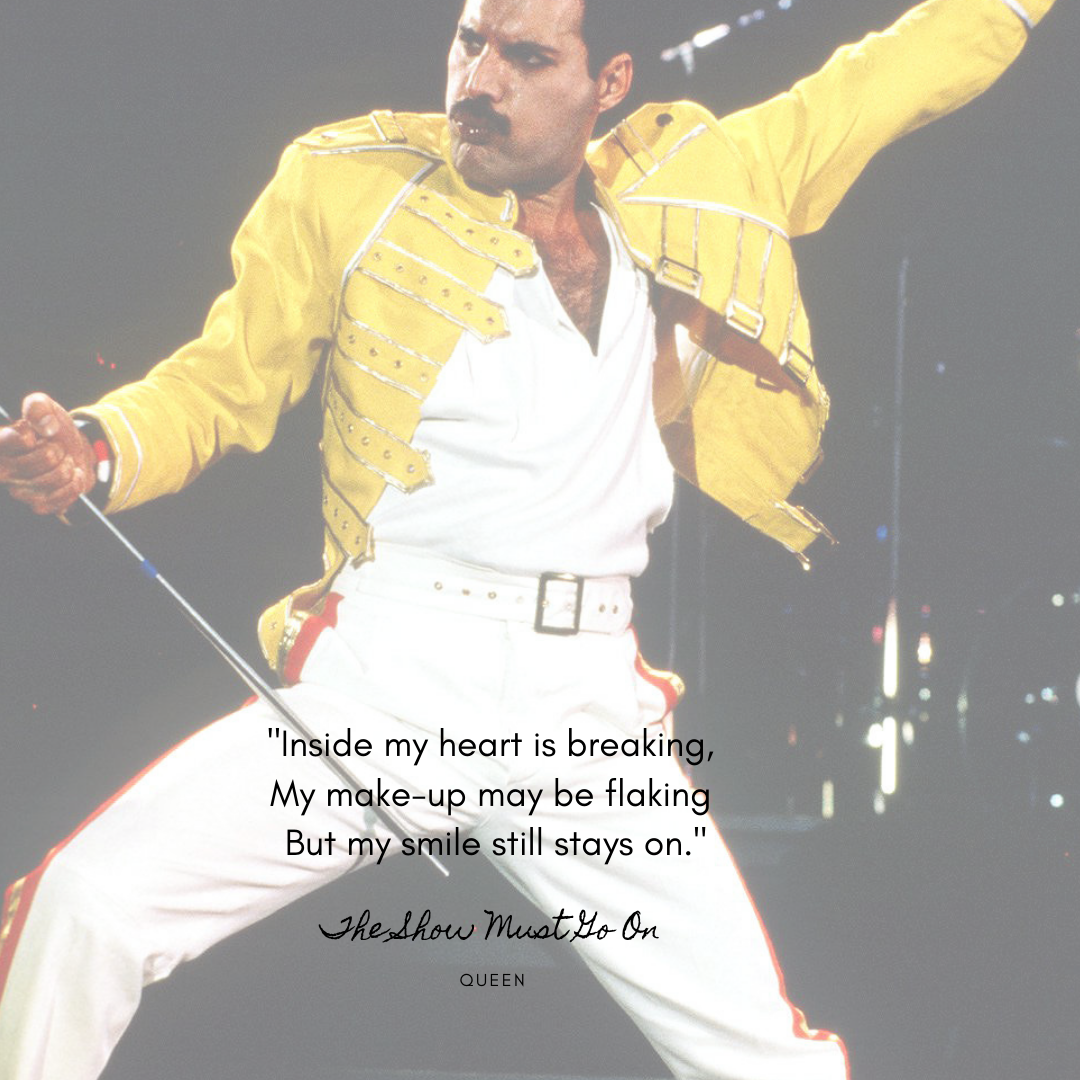
But we don’t put on a mask purely for vanity reasons. We also assume a different persona in consideration for those around us. We put on a brave face, hiding pain and the effects of other symptoms to alleviate the worry and burden on those closest to us. When out in the world, conversing with those we don’t know or don’t know we are sick, then we may slip on this mask to avoid questions when symptoms suddenly strike.
"When out in the world, conversing with those we don't know or don't know we are sick, then we may slip on this mask to avoid questions when symptoms suddenly strike." Click To TweetThere is always a worry that we focus too much on our illness and its symptoms. A concern that others may think we sound like a broken record complaining about pain and everything else that accompanies illness. Therefore, the most natural path to avoid this is to mask the pain and discomfort that coexists with our ailments. There is also something quite liberating about donning a mask, a way of forgetting about our sick identity; enjoying a rare slice of normalcy. There is a word for those who hide their pain behind a smile; this is ‘eccedentesiast’. And those of us living with chronic pain and illness we become masters at this.
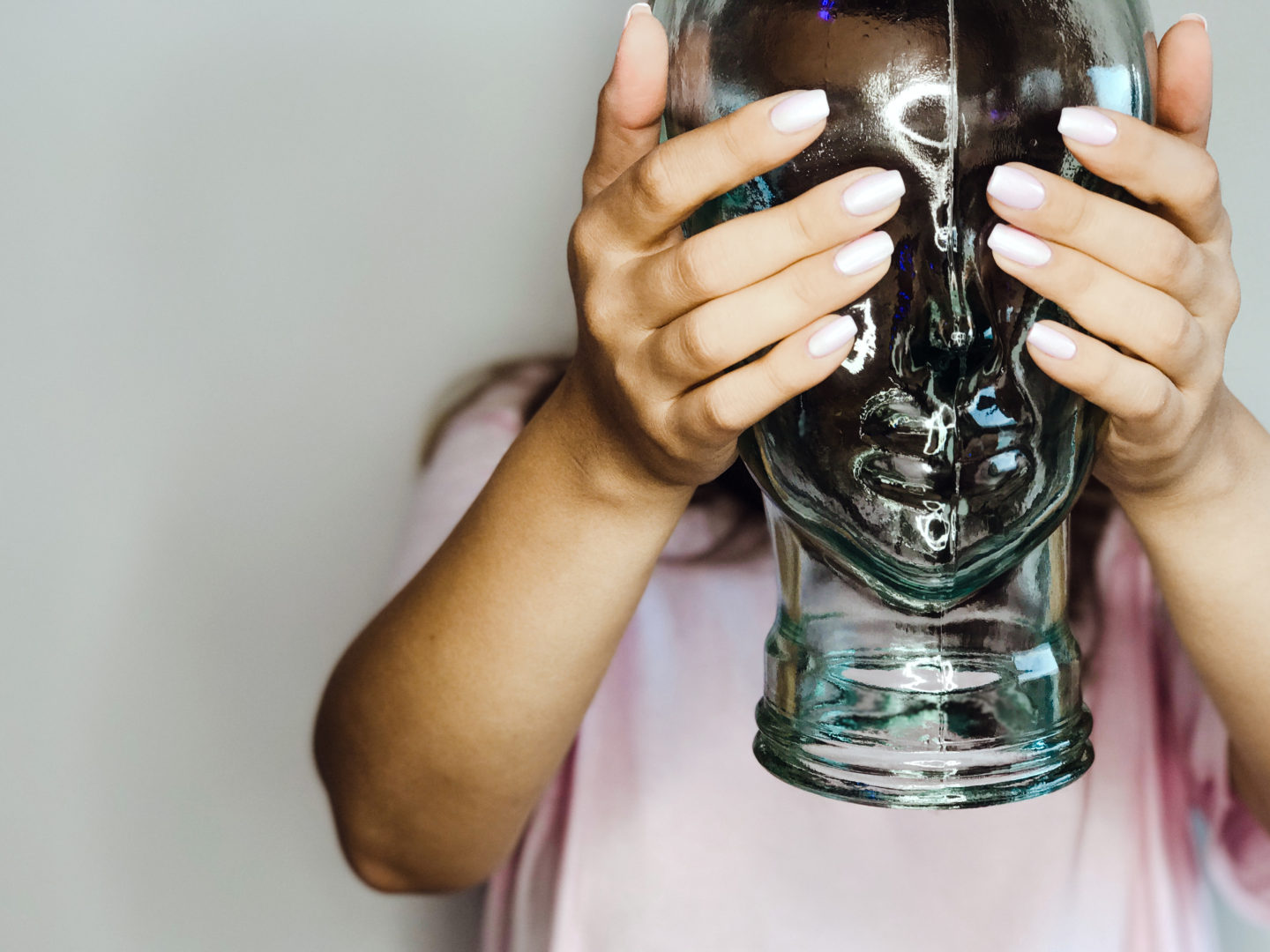
The Need of a Mask to Hide Pain and Illness
Pain and chronic illness are a permanent fixture in our lives, however, and as such wearing a facade is challenging to maintain day after day. But sometimes our conditions overpower us, and our masks slip, revealing the pain, fatigue, and misery hidden beneath the false exterior.
"But sometimes our conditions overpower us, and our masks slip, revealing the pain, fatigue, and misery hidden beneath the false exterior." Click To TweetIf you look closely, you can see the pain etched on my face by the grimace that appears. By the fake smile that I give which doesn’t reach my eyes. The dullness that is apparent in my eyes; the lack of sparkle or brightness that is recognisable when pain isn’t present.
Sometimes Hiding Behind A Mask Doesn’t Work As It Begins to Slip
When our masks slip, and the pain and the emotional effects of illness are exposed, it can make us feel vulnerable. We fear the judgement of others; worry that they will misunderstand the tears as a sign of depression. Or we are insecurely waiting for those well-meaning comments regarding the need to remain positive in the wake of something they will never understand. Worry that will others see those tears and other visible indicators of pain and illness as a sign of weakness. The mask we wear, we do so to hide from the judgements of others just as much to conceal pain and illness.
"When our masks slip, it can make us feel vulnerable. The mask we wear, we do so to hide from the judgements of others just as much to conceal pain and illness." Click To Tweet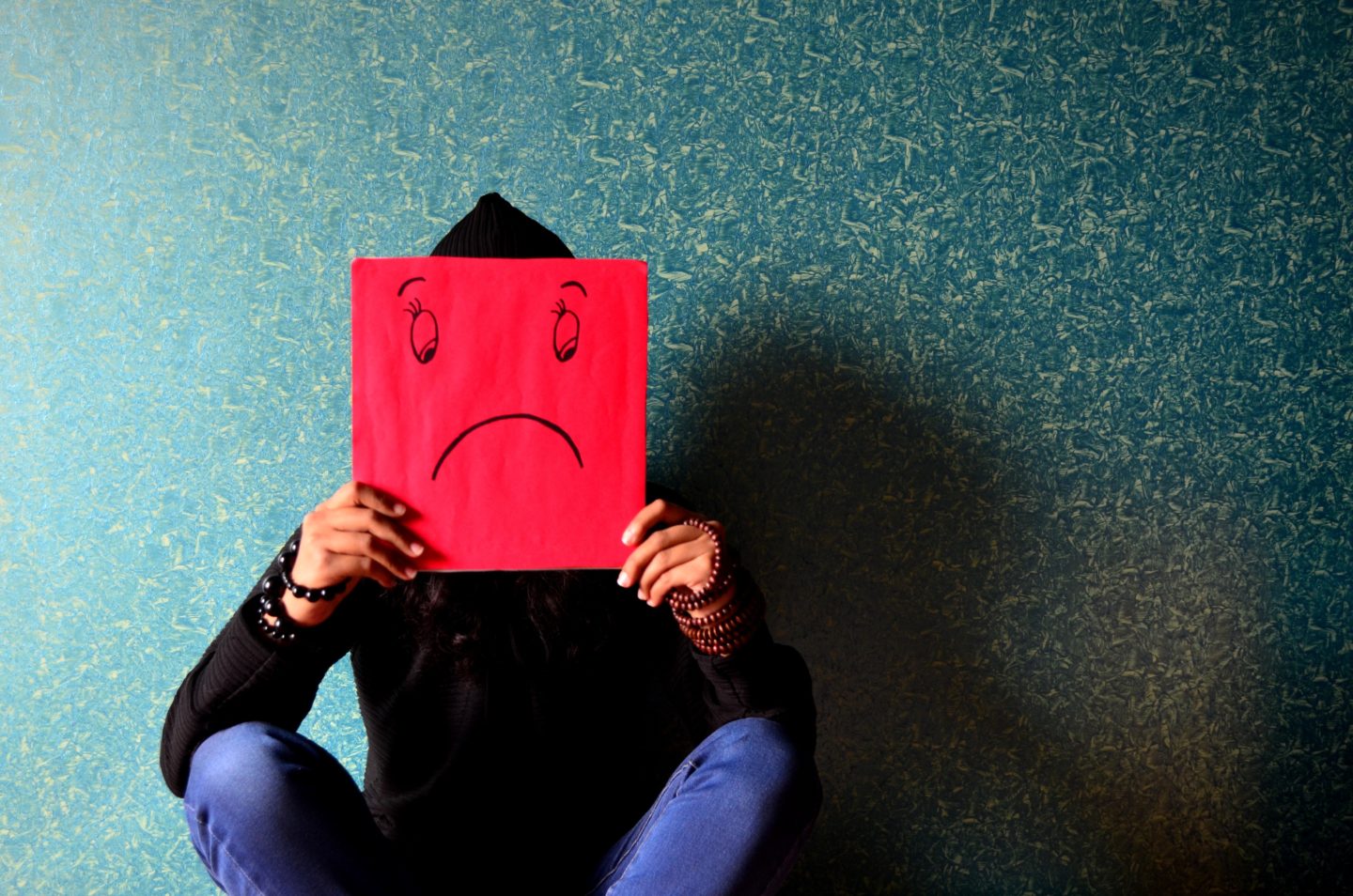
Living with a chronic illness, we often already spend a lot of time at home. It in itself can become uncomfortable; itching to want to break free from the confinement and explore the world. But, our homes are often a sanctuary, the one place we feel comfortable to discard the mask and show our truth.
So let us not be ashamed or made to feel weak because of the masks we wear. Let us not feel weak or vulnerable when they slip off to reveal the reality of pain and illness waiting underneath the facade. It is not a sign of weakness; it instead empowers us to prevail regardless of what happens or what is in store in the future.
"Wearing a mask is not a sign of weakness; it instead empowers us to prevail regardless of what happens or what is in store in the future." Click To TweetHiding behind a mask is not a
